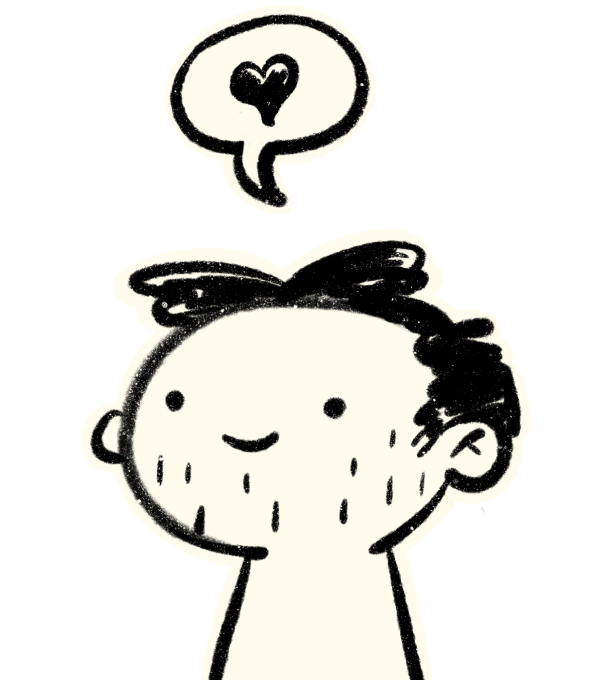Being able to apologize properly is a skill worth honing. At least for those of us who aren’t perfect. It's helpful in almost any situation involving other people, which, it turns out, are most of the important ones.
Since my whole family consisted of people unable to apologize, I could not have been farther away from being able to do so myself. I'm sure I hurt a couple of people on my way to getting better at it.
I had to be proven wrong, repeatedly, to finally accept that I’m fallible.
That I'm not only possibly wrong, but likely.
Years later, I’d look back, realizing I’d misjudged situations I once felt sure about. Each of these moments chipped away at my arrogance, leaving a simple truth: I can and will mess up.
This changed my reaction to criticism. Instead of defending myself, I started considering if it might be valid.
I had to learn to put my ego aside and...
Read More
